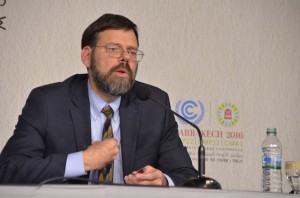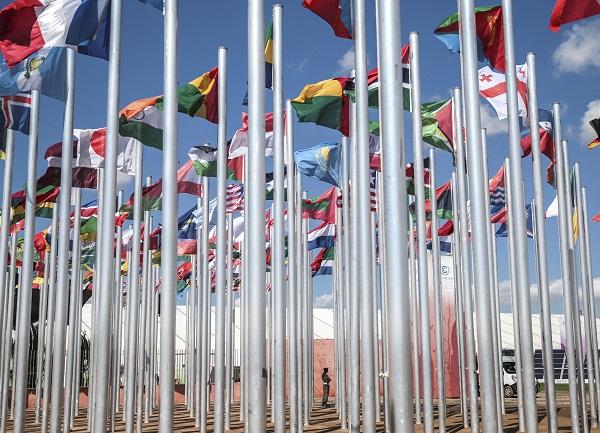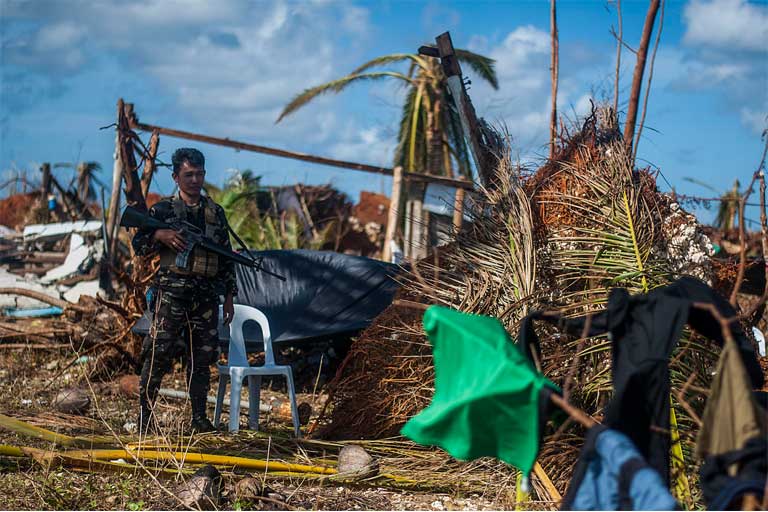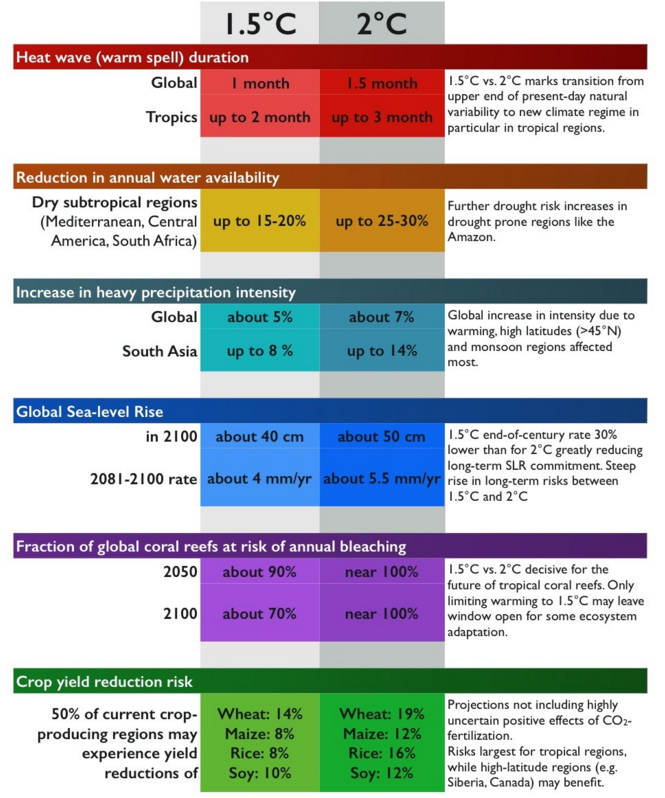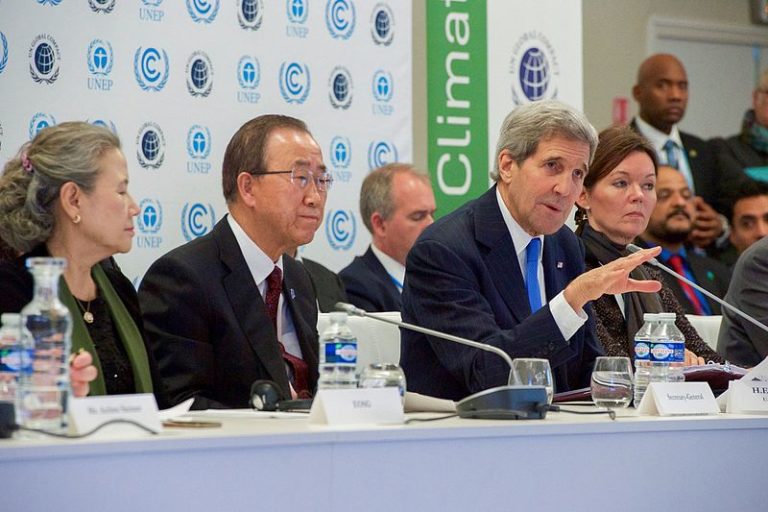
While the Obama Administration — including John Kerry shown here at the Paris summit — was instrumental in successfully negotiating the 2015 accord, the international community at COP22 says it is committed to moving forward without the US. China is likely to fill the leadership void created by Trump. Photo courtesy of the US State Department
My Mongabay editor Glenn Scherer requested this story over the first weekend of the 22nd United Nations Climate Summit in Marrakesh. I had already written a world reaction story to the stunning election of a boorish, bigoted charlatan as the next president of the United States. But Glenn wanted me to keep after the story. I’m glad I did. The specter of Trump hung over the entire conference and dominated almost every question at every press conference, and more than a few side side discussions.
Appearing at the mid-week press conference, Secretary of State John Kerry said angrily: ““This is bigger than one person, one president. We have to figure out how we’re going to stop this [Trump’s plan]… No one has the right to make decisions that affect billions of people based solely on ideology or without proper input.”
Lead US negotiator Jonathan Pershing added: “It is no longer a question of whether to accelerate the [Paris] Agreement’s implementation, but rather a question of when and how.”
The offshoot: world leaders felt compelled to pledge an even stronger allegiance to the historic Paris Agreement, to not back away from their carbon-reduction pledges, and to do so with or without US participation or leadership. China now emerges as a potential leader in climate action, a development with grave implications for US trade and military policy and alliances. My story captures many of the storylines that dominated the final week of COP22.

